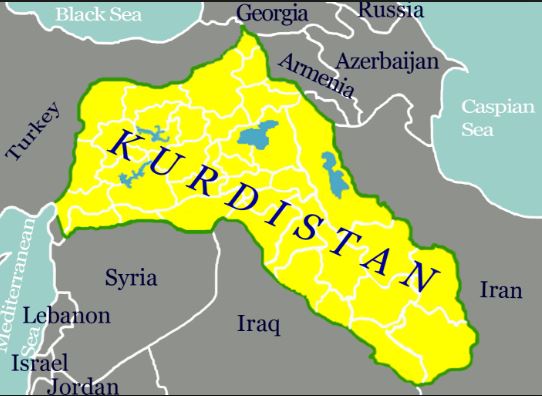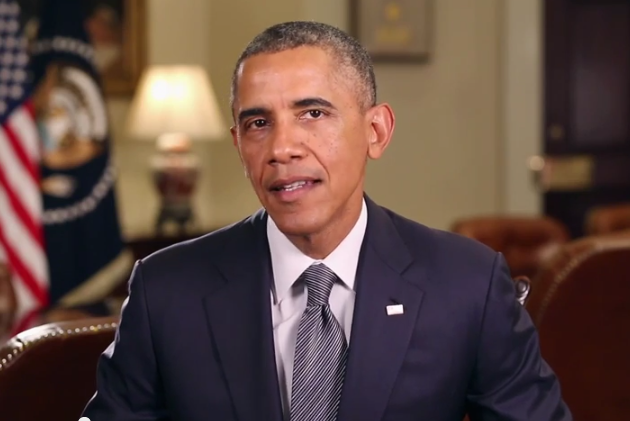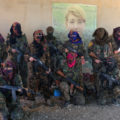Recently, Iraqi Kurdistan held a referendum on independence. According to Hndren Muhammad, the head of the Kurdistan Independent High Elections and Referendum Commission, the pro-independence side won an overwhelming victory. There were 4,581,255 eligible voters, of which 3,305,925 cast ballots, a turnout of 72.16 percent. 2,861,471 people voted Yes, (92.73 percent) of the voters, against 224,468 No votes, (or 7.27 percent of the voters.)
 Although it has gained significantly less attention than Spain’s Catalonia independence movement, the quest of the Kurdish people to form an independent nation, seceding from Iraq, is a far more compelling story. As noted by several analysts, in contrast to the Palestinians, who have received far broader international support, the Kurds have a language and culture distinct from their Arab neighbors.
Although it has gained significantly less attention than Spain’s Catalonia independence movement, the quest of the Kurdish people to form an independent nation, seceding from Iraq, is a far more compelling story. As noted by several analysts, in contrast to the Palestinians, who have received far broader international support, the Kurds have a language and culture distinct from their Arab neighbors.
There is little in recent history to suggest that the Kurds have any affinity, or any possibility of any reconciliation, with an Iraqi state. By 1992, Kurds were essentially autonomous. Laurie Mylroie, writing for the Atlantic, noted that in that year, “Iraq’s Kurds [were] effectively running their own affairs, administering a population of 3.5 million in a territory almost twice the size of Israel. They are doing so with considerable success, having managed the transition from authoritarian rule better than many others
Alan Dershowitz described the “Case for Kurdish Independence” in a Gatestone analysis: “The independence referendum is an important step toward remedying a historic injustice inflicted on the Kurdish population in the aftermath of the First World War… the Iraqi Kurds have their own identity, practices, language and culture. They are a coherent nation with profound historical ties to their territory. They have their own national institutions that separate them from their neighbors, their own army (the Peshmerga) and their own oil and energy strategy.”
Predictably, Baghdad is not pleased with the results of the ballot, and the Iraqi government has made it clear that it will not recognize the legitimacy of it. Unlike the significant support by the international community for a Palestinian state, there is no widespread support for the arguably more appropriate Kurdish aspiration, Despite the potential viability and cohesiveness of an independent Kurdish state.
The United States, under both Democrats and Republicans, have not supported the Kurdish cause, despite the fact that Kurds have been staunch U.S. allies. Secretary of State Tillerson,following a meeting with Qatari Foreign Minister Sheikh Mohammed bin Abdulrahman al-Thani in Dohar on October 22, made it clear that the U.S. “did not support the Kurdish independence referendum. We did not believe it was time given that the battle to defeat ISIS is still underway. And while there have been significant victories and significant progress in Iraq, that task is not yet complete. And clearly, what we were concerned about is the referendum would lead to a distraction from the fight to defeat ISIS or Daesh…”
Iraqi opposition to the potential independence of its Kurdish region has much to do with oil. The Kurdish Project notes that “With a whopping 45 billion gallons of Kurdistan oil reserves, the Iraqi-Kurds hold almost a third of all of Iraq’s 150 billion gallons of untapped black gold. If the KRG autonomous region were a nation-state, it would rank 10th in the world for largest petrol reserves, coming in just after Libya.
Within Iraq, one non-Kurdish group does appear to be a source of support for independence. Christians have been well-treated by the Kurds, easily fitting in with the majority with no evidence of discrimination or repression. Indeed, the treatment of minority religions and females within Kurdish-controlled areas is remarkably different than in other portions of the Middle East, with the exception of Israel. Israel, not surprisingly, has supported Kurdish interests over the years.
Frank Vernuccio serves as editor-in-chief of the New York Analysis of Policy and Government.
















Follow Us